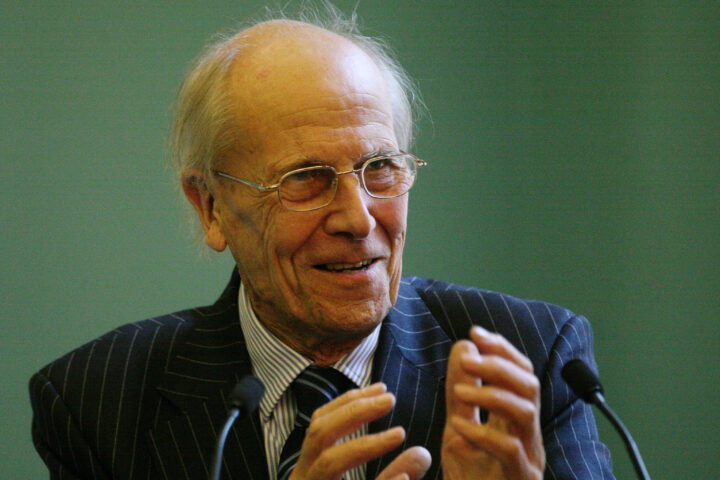On 17 July, Russia’s State Duma approved in a second reading a controversial bill that would introduce administrative fines for “deliberate” online searches for extremist content, including via VPN services. The legislation, which has sparked a wave of public backlash and criticism from civic figures, proposes fines of up to 5,000 rubles for individuals seeking out materials listed in the Justice Ministry’s official register of extremist content — a database currently spanning over 5,500 entries.
While the Kremlin has attempted to downplay concerns, the move is widely seen as a further step toward expanding state surveillance over Russian citizens’ online activity. According to the bill, using a VPN during such searches may be treated as an aggravating factor, raising fears of broader penalties and digital profiling.
Public anger forces Kremlin into damage control
The scale of the public response has forced the government to shift into defensive mode. Kremlin spokesperson Dmitry Peskov urged officials to clarify the bill and assure citizens that the initiative “is not as bad as it seems”. Lawmakers and pro-government commentators were mobilised to explain that VPN usage alone would not be criminalised.
Anton Gorelkin, first deputy chairman of the State Duma’s Committee on Information Policy and a key sponsor of the bill, stated that while VPNs would not be banned outright, their use in connection with crimes would be considered an aggravating circumstance. “Russia is not among the countries that strictly prohibit access to such services,” he claimed.
Despite these reassurances, skepticism remains high. The widespread belief, fuelled by past experience, is that laws initially presented as benign often evolve into tools for tighter state control. Critics argue that the proposed legislation is yet another attempt to build a “digital gulag,” with authorities gaining formal access to online search histories, personal communications, purchases, and financial transactions.
Critics warn of far-reaching consequences
Legal experts and civil society actors argue that the bill sets a dangerous precedent. By criminalising intent inferred from search behaviour, the law could effectively penalise curiosity or academic research, especially in areas related to radicalisation monitoring. “It’s not about banning extremist material,” said one critic. “It’s about criminalising the very act of seeking knowledge outside approved narratives.”
Concerns are growing that this measure will drastically alter everyday life in Russia. Human rights advocates warn of a chilling effect on freedom of information, expression, and academic inquiry. The proposed framework, they argue, enables authorities to interpret any interest in restricted content as pre-criminal behaviour — a step toward institutionalised thought policing.
Digital rights groups have pointed out that the legal mechanism for determining “intent” remains vague. The lack of due process and the secretive nature of enforcement — potentially including covert device searches — undermine constitutional guarantees of privacy and freedom of thought.
A broader trend toward digital authoritarianism
The legislation comes amid a wider push to consolidate the government’s digital grip. Alongside the extremist content bill, Russian lawmakers are advancing parallel initiatives to give law enforcement unrestricted access to citizens’ online activities, including banking data and private correspondence.
This expansion of surveillance powers, observers note, coincides with a pattern of increasingly punitive laws passed under the guise of “security” since Russia’s full-scale invasion of Ukraine in 2022. According to civil rights advocates, the new measures could be used to target dissent, suppress independent journalism, and deter political activism.
The proposal’s timing has only intensified scrutiny. Coming three years into what critics call Russia’s “three-day special military operation” in Ukraine, the initiative has been perceived as an effort to quash dissent during a period of deepening political and social control.
Strategic implications
If adopted in its current form, the bill would codify the state’s power to punish citizens for seeking access to unofficial information — effectively turning intellectual curiosity into a liability. Analysts warn this could erode Russia’s remaining civil liberties and intellectual independence, further isolating its society from global discourse.
Civil society experts argue that the bill will disproportionately harm researchers, journalists, analysts and those monitoring extremism professionally, who risk being penalised for simply doing their jobs.
As public confusion and official contradictions mount, one thing appears certain: Russia is entering a new phase of digital authoritarianism, where every search, click, and query could become a matter of state interest.














